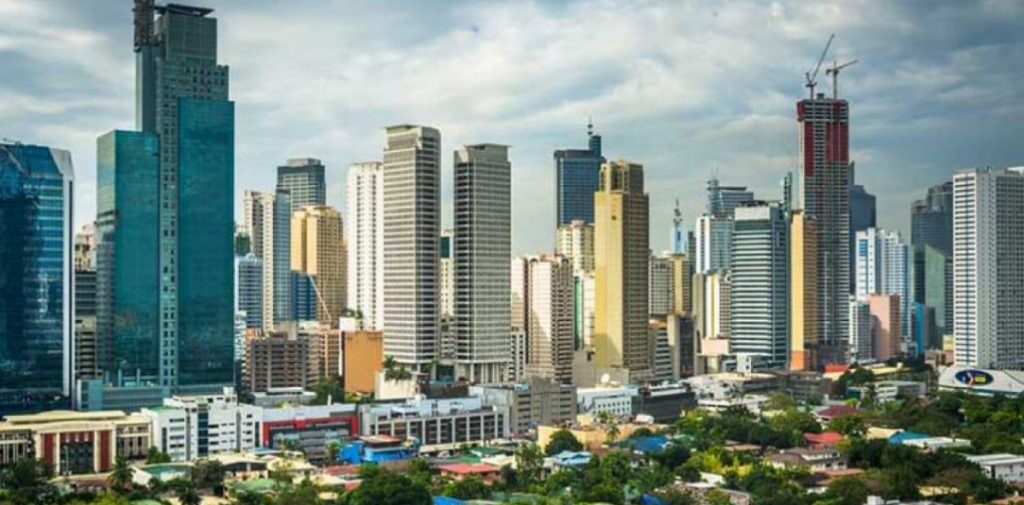In recent years, the Philippine gambling industry has emerged as one of Southeast Asia’s most dynamic and fast-recovering markets. With a strategic blend of tourism resurgence, regulatory flexibility, and digital transformation, the country is reshaping its position in the global gambling landscape. As traditional casinos rebound and online gaming booms, the Philippines is quickly becoming a regional hub for both physical and digital betting ecosystems.
The Philippine Gambling Industry: Recovery, Expansion, and a Policy-Driven Growth Trajectory

Strong Financial Performance Exceeding Expectations
According to the Philippine Amusement and Gaming Corporation (PAGCOR), the industry recorded a total revenue of PHP 410.5 billion (~USD 7.3 billion) in 2024, marking a 25% year-over-year increase. This figure significantly surpassed the government’s original revenue target of PHP 334 billion, signaling not only a robust post-pandemic recovery but also rising domestic and international demand for gambling services.
Key contributors to this growth include:
- The resurgence of international tourism, particularly in Metro Manila and Clark Freeport Zone;
- Increased local participation due to digital accessibility;
- Expansion of licensed online platforms;
- Policy reforms that reduced tax burdens and streamlined licensing.
Tax Reforms as Catalysts for Growth
One of the most notable developments is PAGCOR’s 2025 tax restructuring, aimed at enhancing the competitiveness of Philippine-based gambling operators. Starting January 1, 2025, electronic gaming (e-Gaming) platforms saw a tax rate reduction from 35% to 30%, while integrated resorts operating electronic games now benefit from a reduced 25% rate.
These tax cuts serve multiple purposes:
- Stimulating investment in digital gambling infrastructure;
- Helping operators recover from pandemic-era losses;
- Attracting foreign-based platforms to set up operations in the Philippines.
This policy move has already shown tangible results. As of the end of 2024, PAGCOR reported issuing nearly 1,200 gambling licenses, a 14% increase from the previous year. These cover a broad range of services including eSports betting, online slots, live dealer games, and more.
The Rise of e-Gaming: A Digital Transformation in Progress
While land-based casinos remain a cornerstone of the industry, it is the online and electronic gaming segment that’s capturing investor attention. Driven by smartphone adoption, faster internet infrastructure, and more secure digital payment systems, e-Gaming is becoming a key revenue stream for operators of all sizes.
Unlike traditional casinos that require significant capital investment and space, digital platforms offer:
- Lower operational costs;
- Faster market entry;
- Highly customizable user experiences.
In response, PAGCOR has evolved its licensing framework to better accommodate the unique needs of e-Gaming, including:
- Mandated Know Your Customer (KYC) protocols;
- Server localization requirements;
- Game fairness audits and RNG certification;
- Real-time reporting for financial transparency.
This modernization of the regulatory environment has opened the door for international partnerships and innovation-driven platforms to thrive in the Philippines.
Regulatory Oversight and Responsible Gambling
As the industry grows, regulatory integrity and responsible gambling remain top priorities. Recognizing the potential risks of addiction, fraud, and underage gambling, PAGCOR has strengthened its oversight mechanisms.
Recent measures include:
- Implementing user loss limits and time-based warnings on online platforms;
- Mandating responsible gambling awareness programs for all licensed operators;
- Regular auditing of license holders to ensure compliance;
- Encouraging operators to allocate a percentage of revenue to social responsibility programs, particularly education and disaster response.
These steps aim to strike a balance between industry growth and societal well-being, ensuring long-term sustainability.
Competitive Positioning Amid Regional Developments
The Philippines’ rise as a gambling powerhouse is not without competition. Neighboring countries such as Thailand, Vietnam, and Japan are either liberalizing their own gambling laws or exploring integrated resort models. However, the Philippines maintains a first-mover advantage due to:
- Its mature regulatory framework;
- An English-speaking workforce;
- Established infrastructure in Manila and Cebu;
- The presence of well-known global operators.
To stay ahead, PAGCOR has announced strategic plans to position the Philippines as Asia’s e-Gaming innovation hub. Future initiatives include:
- Promoting blockchain-based betting platforms;
- Encouraging domestic development of RNG and live-dealer technology;
- Supporting investments in immersive technologies such as VR gaming.
Integrated Resorts and Infrastructure Expansion
Beyond the digital realm, major property developers continue to invest in large-scale integrated resorts. These multi-use facilities combine casinos with hotels, shopping malls, performance venues, and conference centers, aiming to make the Philippines a destination not just for gambling, but for luxury and entertainment.
Notable developments include:
- Ongoing expansions in Entertainment City, Metro Manila;
- Clark Freeport Zone as a rising alternative to Manila with proximity to international airports;
- New public-private partnerships to boost infrastructure such as roads and airports supporting casino tourism.
These efforts are expected to further diversify the revenue base while creating jobs and stimulating the local economy.
Challenges and Risks Ahead
While prospects are strong, the industry must navigate several challenges:
- Concerns over illegal online operators and offshore gaming scams tarnishing the country’s image;
- Potential over-reliance on Chinese VIP customers, who remain sensitive to geopolitical factors;
- Need for continuous regulatory innovation to keep up with rapidly evolving technology.
There is also public scrutiny around gambling’s social impact, requiring consistent communication from both government and industry players about safeguards and community contributions.
Conclusion
The Philippine gambling industry is entering a new phase of expansion, fueled by smart regulation, digital innovation, and strong investor confidence. As both traditional and digital formats mature, and as tax and licensing frameworks become more investor-friendly, the country is poised to become a long-term leader in the Asian gaming economy.












